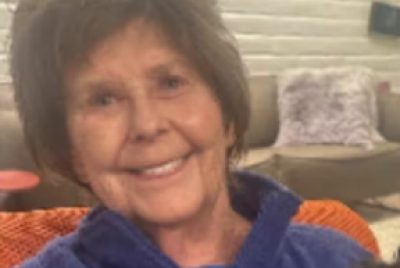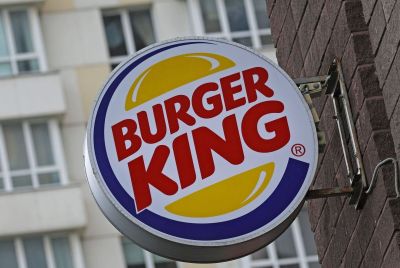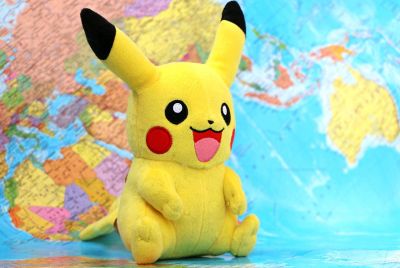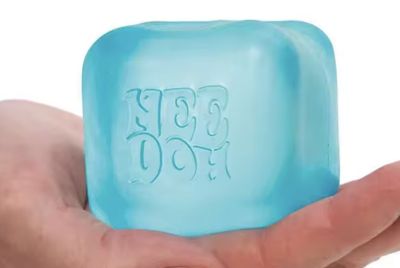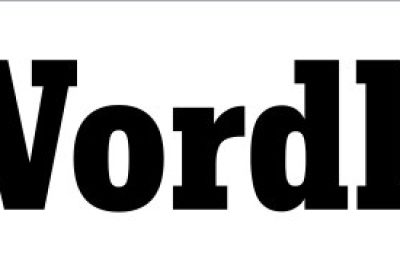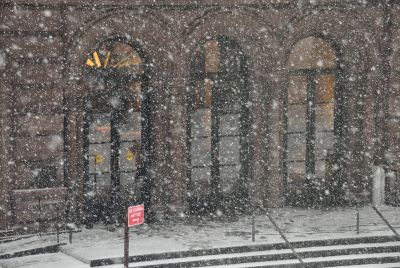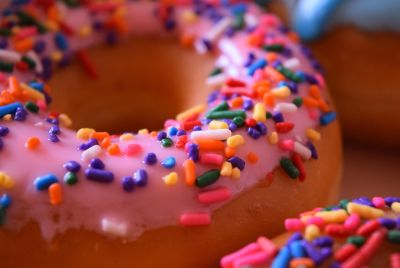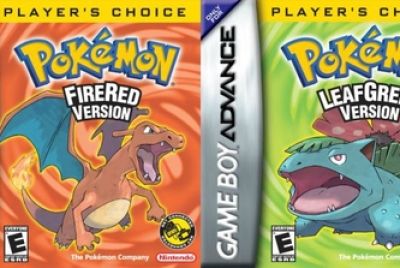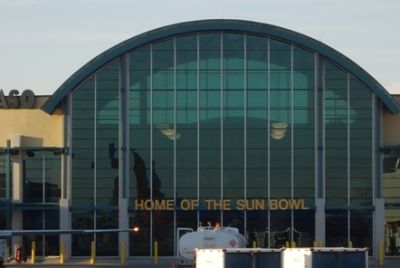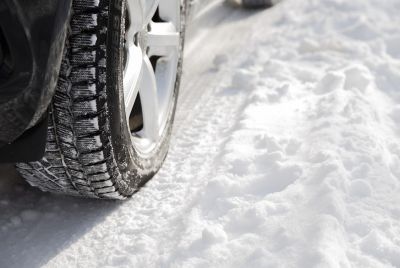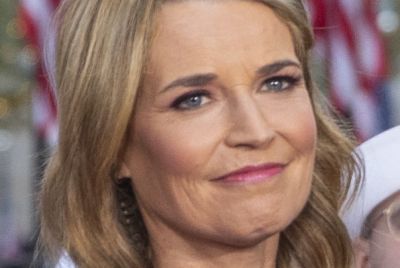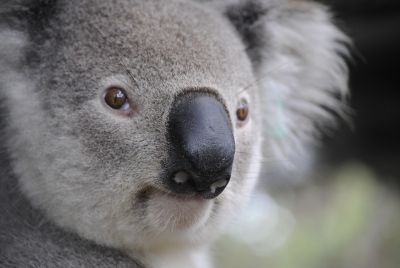Cannabis joints to greet Donald Trump on Inauguration day; North America's legal marijuana market surpasses ‘dot com boom’
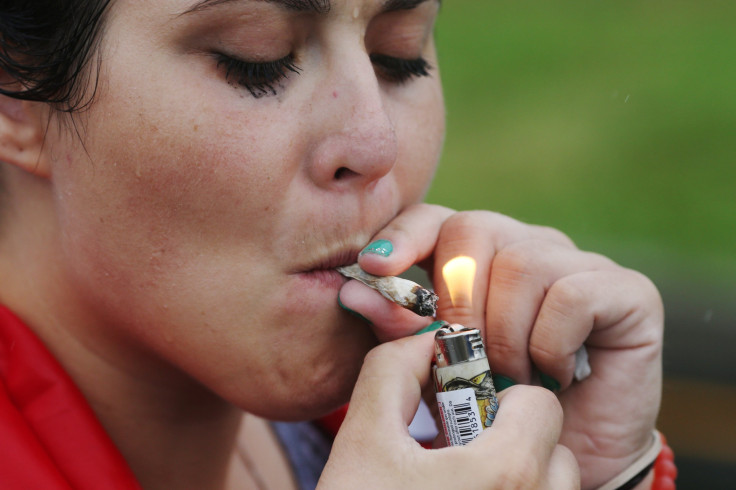
In Australia, the main debate on marijuana/cannabis legalisation centres around its medical use and specifically for those who are suffering from terminal illnesses. In 2016, the Federal Government passed laws permitting cannabis to be grown only for medicinal and scientific purposes. However, during 2016’s US Presidential election, nine states in the US voted for or against cannabis legalisation, either for private use or for medical treatment.
According to the ABC, California, Massachusetts, Nevada and Maine voted in favour of recreational marijuana use. They joined states such as Washington, Colorado, Oregon and Alaska that had already passed similar laws since 2012. Now, recent figures have put North America’s legal marijuana sales “bigger than the dotcom boom.”
As per a leading cannabis research publisher, ArcView Market Research, North America’s legal cannabis market has posted a 30 per cent increase in revenue on 2015. The revenue figure in 2016 was US$9.3 billion (AU$12 billion). Considering a compound annual growth rate of 25 percent, the marijuana market may post US$20.2 billion (AU$27.9 billion) sales by 2021.
“The only consumer industry categories I've seen reach $5 billion in annual spending and then post anything like 25% compound annual growth in the next five years are cable television (19%) in the 1990's and the broadband internet (29%) in the 2000's,” Arcview's new editor-in-chief Tom Adams told Forbes.
Meanwhile, it has been reported that cannabis activists will offer thousands of free joints during US President Donald Trump’s inauguration as they want him to support federal legislation of marijuana, reports Independent. Marijuana is still listed as a DEA Schedule 1 drug along with LSD. The group of activists, known as DCMJ, wants to change that. The group will start handing out joints on Jan. 20, 8 a.m. on the west side of Dupont Circle.
The group will then start marching towards National Mall where the real protest will begin. Everyone is going to light up four minutes and twenty seconds into Trump’s inaugural address to symbolise April 20, dubbed National Weed Day.


